Behind the Beer Scene | Sleeping Giant Explains Contract Brewing
Although it’s one of Colorado’s top five independent craft brewers by volume, Sleeping Giant Brewing Company neither serves nor sells beer onsite. While this may seem counter-intuitive, Sleeping Giant is a dedicated contract brewer, meaning it only produces beer for other breweries–it has no beer brand of its own. Matthew Osterman, founder and owner, recently discussed this important and little-understood part of the craft brewing industry.
“Contract brewing is brewing on behalf of someone else as opposed to them making their own beer,” Osterman explained. It encompasses everything between the beer recipe and handing the finished product to the distributor. A contract brewer makes what somebody wants, when they want it.
Streamlining Brewery Operations
Behind this simple description is a complex process designed to simplify brewing and solve numerous issues for breweries. Much of a contract brewer’s effort focuses on the logistical and technical issues of creating the finished case of beer we buy in liquor stores.
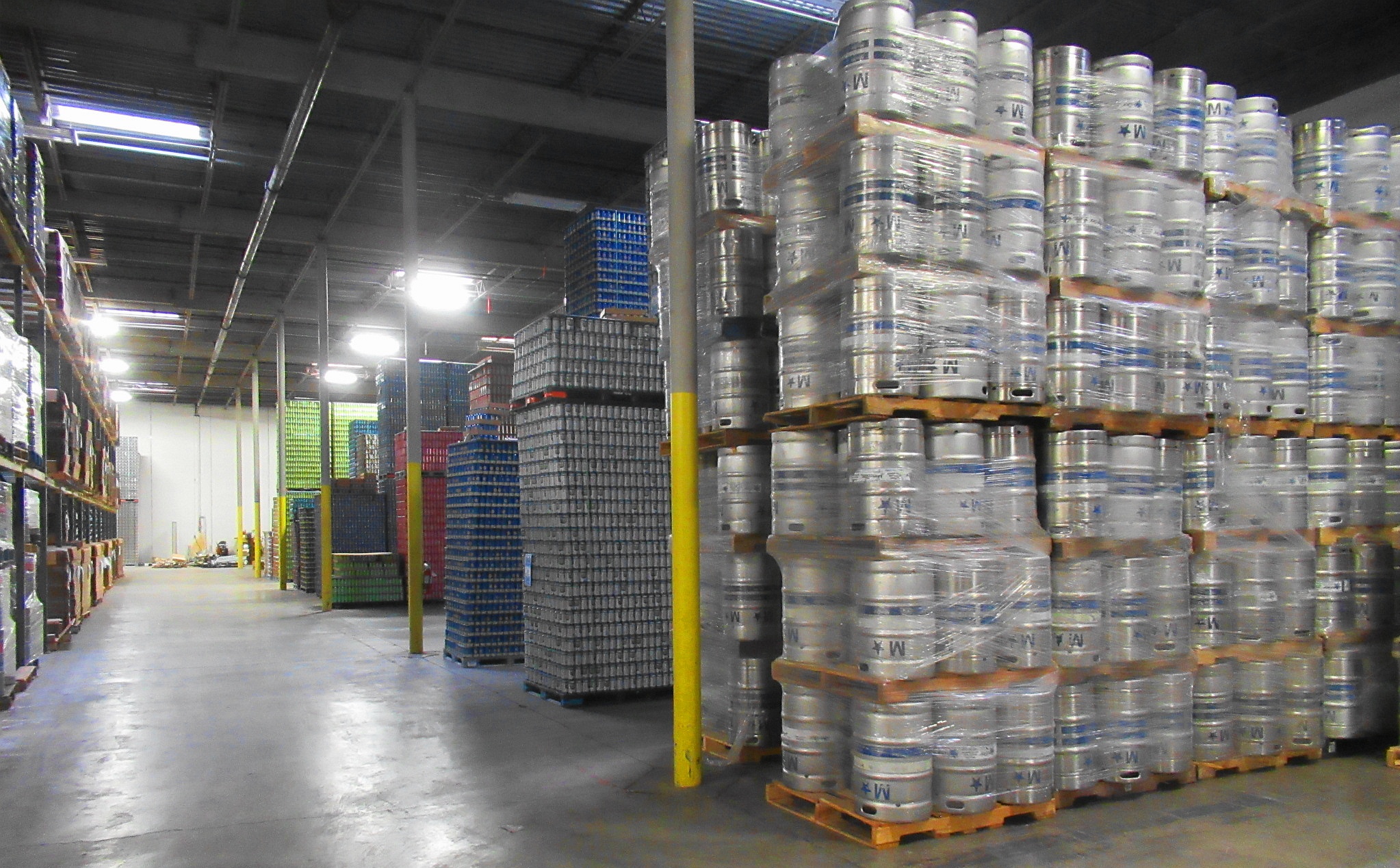
Contract brewers organize a steady and timely supply of ingredients, brew the beer, source cans and boxes, package the brew and organize pallets for distributor pick up. Meanwhile, they perform dozens of quality checks on both the beer and packaging components like cans.
“It’s one-stop shopping,” Osterman said. The goal is to make a consistent, high-quality product while providing a worry-free experience to the brewery whose name is on the label.
Quality, Consistency, Efficiency
While not for every brewery, working with a contract brewer provides tangible advantages and takes the uncertainty out of creating a high-quality beverage. It frees up brewers to focus on things like developing new recipes, building their brand and sales.
For Sleeping Giant, success starts with a well-managed onboarding process. A brewer brings a recipe and finished product to Sleeping Giant. Sleeping Giant performs a thorough analysis in its state-of-the-art laboratory. Using this information, they brew a test batch. Finally, they present the customer with the product for approval.
Osterman believes that putting in the up-front time to meet exacting specifications pays off in the long haul. Sleeping Giant can then make the beer efficiently and on-demand. The customer is assured of a consistent product every time.
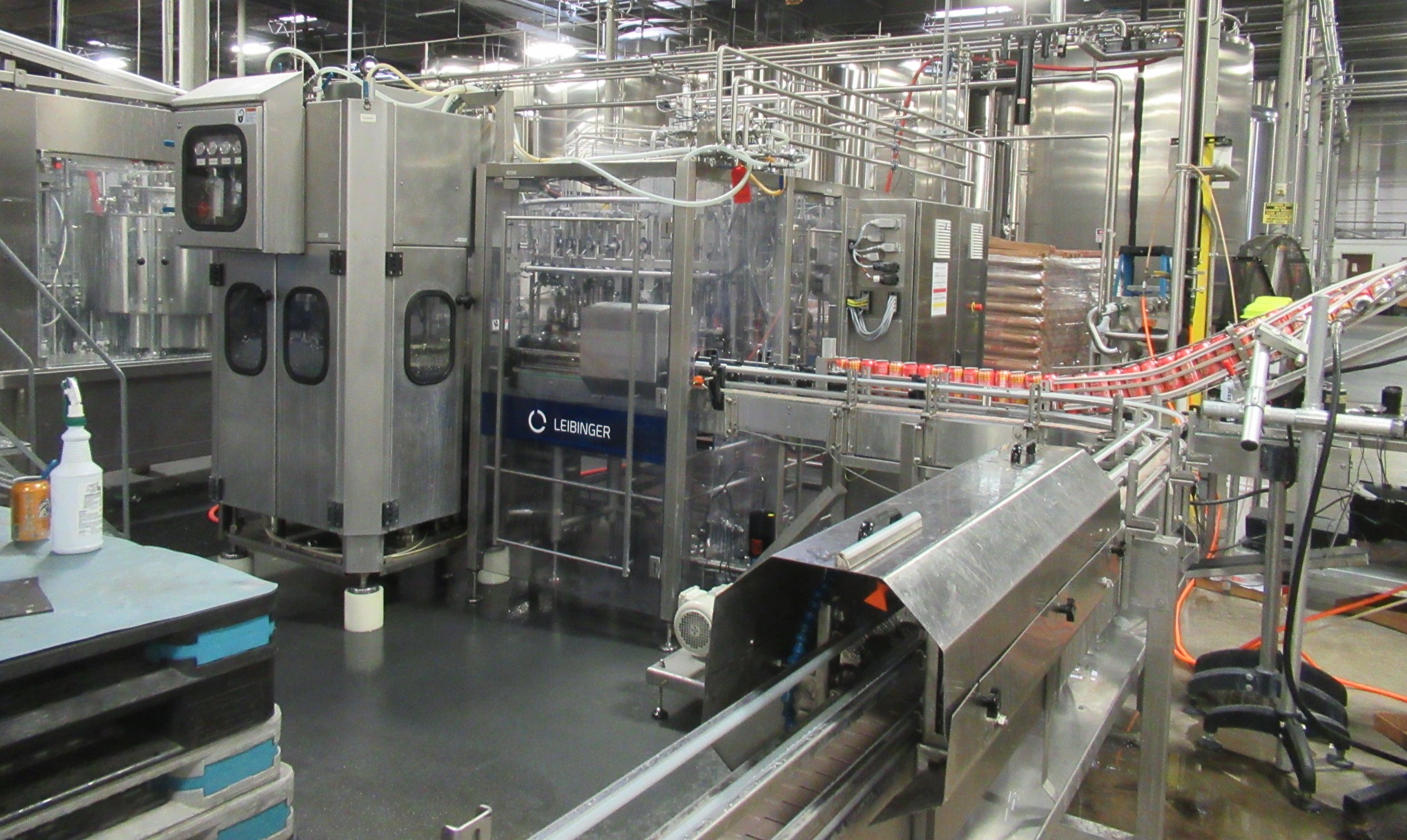
Why Go Contract?
According to Osterman, one or more drivers motivate craft breweries to contract their production:
- Insufficient production space or equipment due to growth
- Need for specialized equipment, usually for packaging
- Choosing to operate as a beer company with a focus on branding and sales and no brewery of their own
High-Tech & High-Quality
These three factors actually encompass several overlapping problems that a dedicated contract brewery helps solve. The largest commonality is technical. Sleeping Giant invests in advanced production and quality-assurance equipment that few breweries can independently afford.
Highly-automated brewing systems control precise minute-by-minute temperature adjustments and other steps in the brewing processes. At the end of every batch, Sleeping Giant provides detailed logs of every step and meticulous testing results documenting quality readings from mash to package. “[Customers] have total transparency to the process the whole way through. We’re fastidious with recording data,” said Osterman.
Justin Baccary, founder and president of Station 26 Brewing Co. in Denver explained, “Most small breweries can only dream of having the packaging and lab technology that our partnership with Sleeping Giant provides.” Baccary also appreciates that for Station 26, Sleeping Giant is local, noting that his staff can go onsite frequently. “It’s a true partnership with lots of hands-on work from the Station 26 team.”
Flexibility & Cost Savings
Another advantage of partnering with a contract brewer is the potential cost savings. Customers essentially share costs of production space and top-of-the-line equipment. Sleeping Giant offers a huge industrial facility that can flexibly allocate the brewhouse, packaging line and storage depending on customers’ current needs.
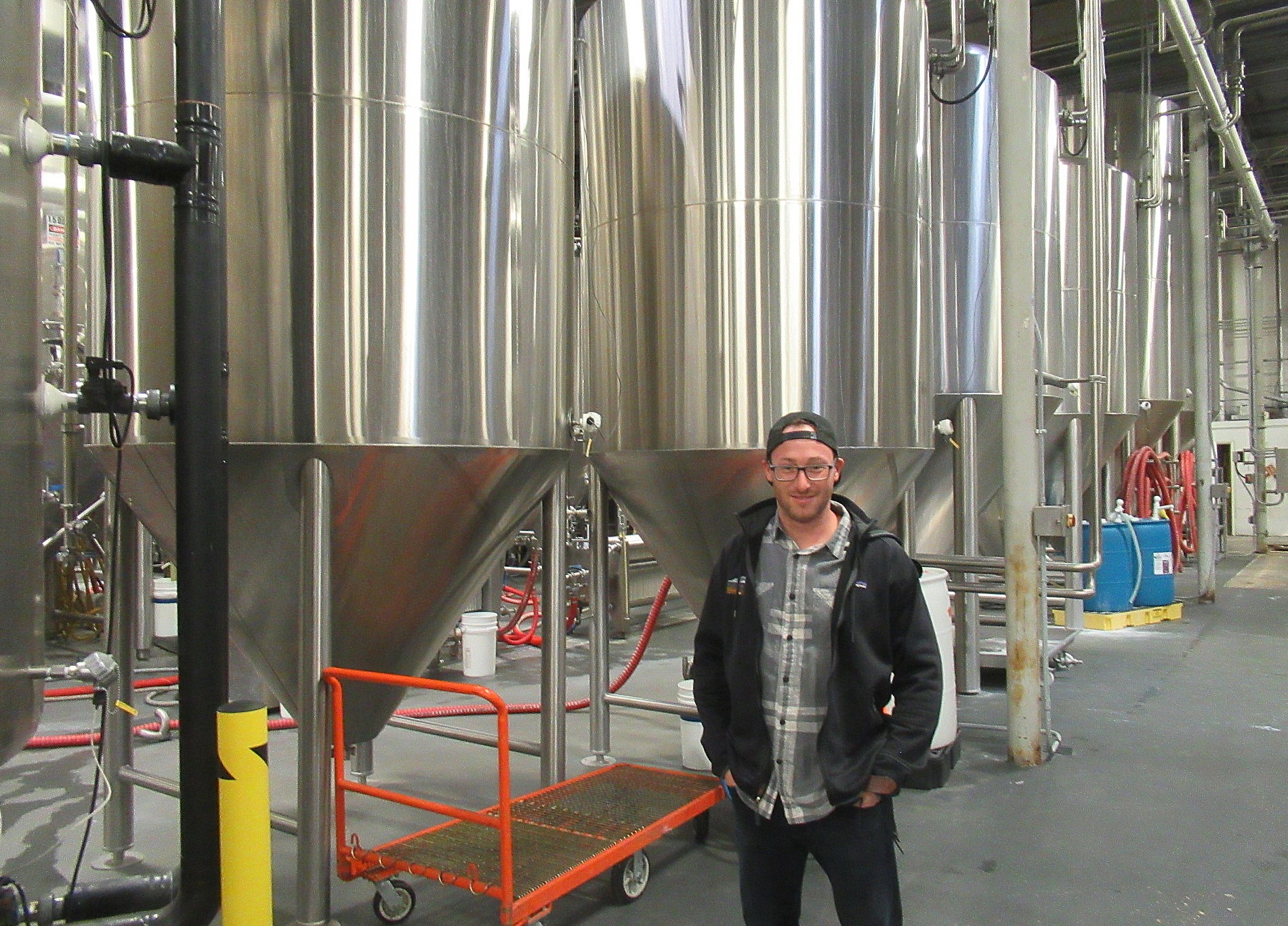
Bottom line: Customers don’t need to worry about paying for expensive equipment or real estate that sits idle.
“Working with Sleeping Giant was initially a low-risk way for us to test if consumers would buy Station 26 beer in cans at local liquor stores. It seems funny now, but I didn’t know if they would and we couldn’t afford to spend $250,000 to find out,” Baccary explained. For Colorado beer drinkers, Stations 26’s flagship beers are now staples at neighborhood liquor stores.
Likewise, a dedicated contract brewery finds economies of scale in things like ingredients and packaging. These cost savings can ultimately benefit the consumer: “We can pass on economical pricing to our clients,” Osterman said.
Building Businesses
All of this adds up to peace of mind for the brewery. According to Osterman, the key benefit is “time, which is everyone’s most precious resource.” Taking the production work and associated logistics out of the process allows breweries to focus on building their business.
As far as its own business, Sleeping Giant has notched a number of milestones in its seven-year history. Beers that it produced for its customers have won Great American Beer Fest and World Beer Cup medals. Sleeping Giant was also named to the 2019 Inc. 5000, a list of the fastest-growing companies in the US.
Battling Old Biases
Of course, much of a contract brewery’s work happens behind the scenes and many breweries keep that relationship relatively quiet. According to Osterman, in the past, there was a bit of stigma to the idea that someone else was making a brewery’s beer.
He believes that is changing, however. “A lot of people are surprised to learn that a tremendous amount of the food and non-alcoholic beverages that they consume are contract made. And nobody ever bats an eyelash at that.” Many people are unaware that Boston Beer Company, maker of Sam Adams, initially contracted their brewing so they could focus on building the business.
Bottom Line is Quality
Station 26’s Baccary supported that line of thinking. As a brewery owner, his focus is on giving beer-drinkers the best possible experience. “Ultimately the decision is about the quality of the beer. Sleeping Giant’s packaging equipment and team results in better beer for our beer drinkers.”
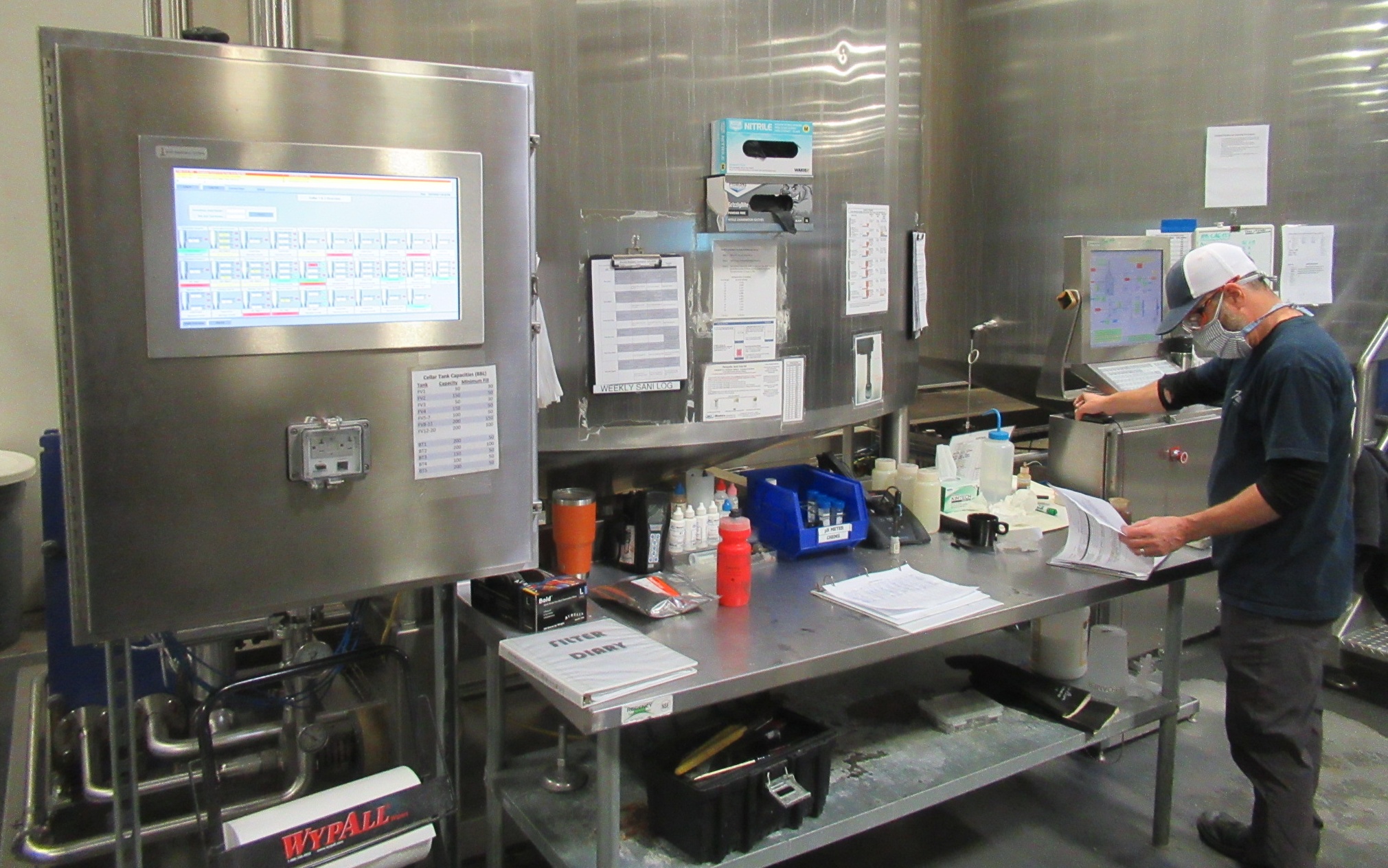
“We’re able to do what [brewers] want us to do in a very high-quality way that puts their brand’s best foot forward. I see it as a win-win,” Osterman said. “I think consumers can appreciate that if they like what they are drinking and it’s authentic to the brand, what difference does it make if it’s made at Brewery X or Brewery Y.”
In the end, should the brewing location impact the enjoyment of a great beer designed by one of our favorite brewers? Assuming we prioritize drinking great beer, contract brewing benefits us all. In a nutshell, consumers can access a wider range of craft brews in a larger number of locations and at a better price. Just as importantly, our favorite brewers can stay busy creating new recipes and insuring their business’ continued success.


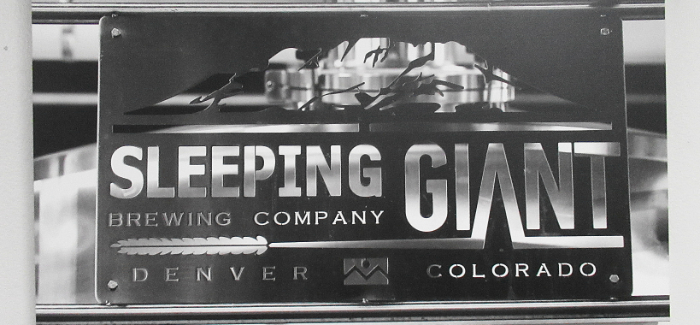



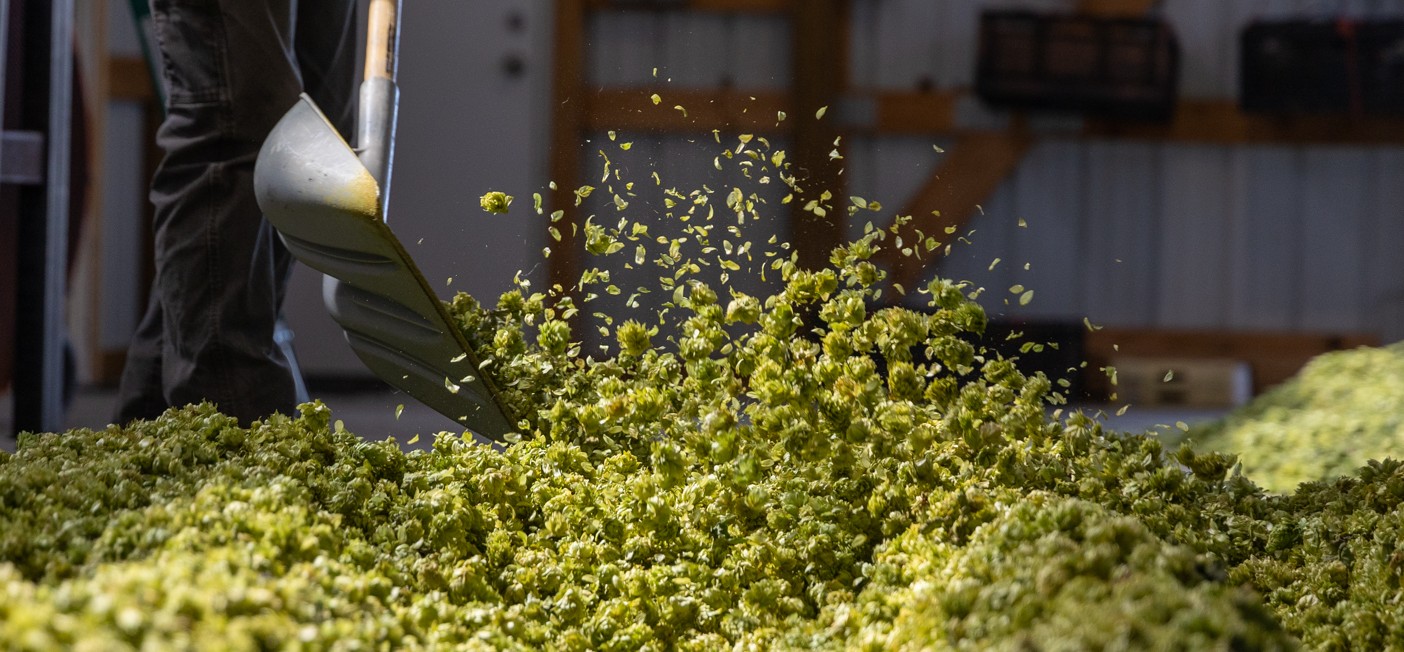
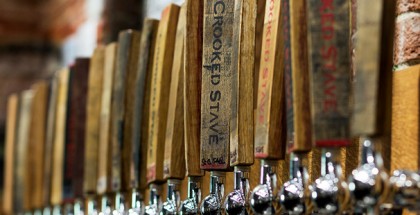
Submit a Comment